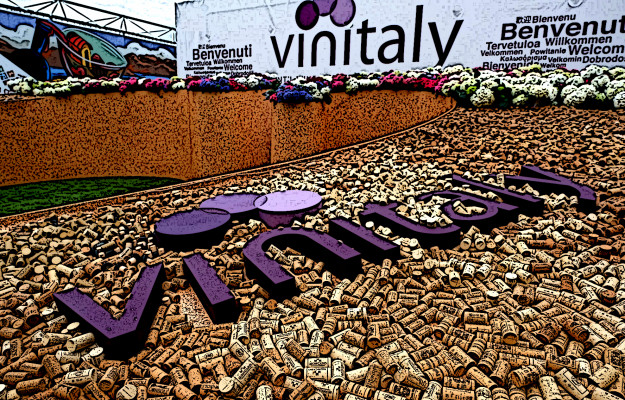The Verona Fair organization has worked to guarantee maximum and absolute safety for an event totally in compliance with rules and common sense, while taking into consideration protecting both exhibitors and selected buyers and experts. They have worked hard and well, at the institutional level, too, to ensure international presence, at least from Europe. But, perhaps all this is not enough. Therefore, amidst a slow vaccination campaign, at least in Italy, uncertainty about the evolution of the health framework, and legislation about what can and cannot be done (activities that require long and articulated programming are the most vulnerable), Italian wine and Veronafiere are moving towards being forced to renounce their most important event, Vinitaly in June 2021, in Verona. Rumors in various wine environments that the appointment for the event would therefore have to be postponed to 2022, are becoming more and more insistent and real, which WineNews had anticipated, though still waiting for official confirmations (that could be coming soon).
The choice to have to postpone the event, if confirmed, would be a very hard one indeed, although obligatory, especially because of all the effort and work Veronafiere has done to guarantee a totally safe fair. These efforts include investments in the fairgrounds and anti-contagion protocols, in a context, moreover, that saw Italian fairs lose 80% of their 2020 turnover (estimated at over 1 billion euros). The events have been concentrated in the second half of the year, but on a still definitely at risk calendar, and, above all, they have not yet received tangible relief from the State. There is also a real risk of becoming easy prey for foreign players, who could thus take assets that have been and will be strategic for the internationalization of Made in Italy wine, food and more, away from Italian control. We can start with the example of the German fairs, such as the one in Dusseldorf (for months now, they have been able to announce that the Prowein fair will be postponed to 2022), which, between now and June 2021, will be “compensated” with over 640 million euros, thanks to the “de minimis” aid increase, the German Government obtained in Europe. It will allow them to be able to recover most of the losses caused by the Pandemic and the regulations to limit it.
Meanwhile, Italy, to date, has not yet obtained the “de minimis” aid increase from the European Union, which currently allows each organizer to receive relief for a maximum of 1.8 million euros. This rule actually makes the 408 million euros budget allocated as relief funds for Italian fairs unusable, especially towards the biggest players like Verona, Milan, Bologna and Rimini, which will be forced to lose tens of millions of euros in their budgets, due to a year of inactivity brought on by the Pandemic and the rules to limit the spread of it.
Europe, therefore, is running at two different speeds, and Italian fairs, even though they have made significant efforts to restart, are now unfortunately in a condition of disadvantage and weakness compared to foreign competitors, currently supported in a definitely much more concrete manner by their respective institutions. The situation calls for the Italian Government to make an urgent and strong intervention, which can no longer be postponed, to Europe to save a sector, Made in Italy Fairs, which will be decisive to restart in the post-pandemic era. Its players are becoming more and more not only event organizers (in Italy and around the world), but also suppliers of advanced services to businesses to deal with international markets. And, they are fundamental for many of the Italian economy’s sectors, such as wine.
Copyright © 2000/2026
Contatti: info@winenews.it
Seguici anche su Twitter: @WineNewsIt
Seguici anche su Facebook: @winenewsit
Questo articolo è tratto dall'archivio di WineNews - Tutti i diritti riservati - Copyright © 2000/2026







































































































































































































